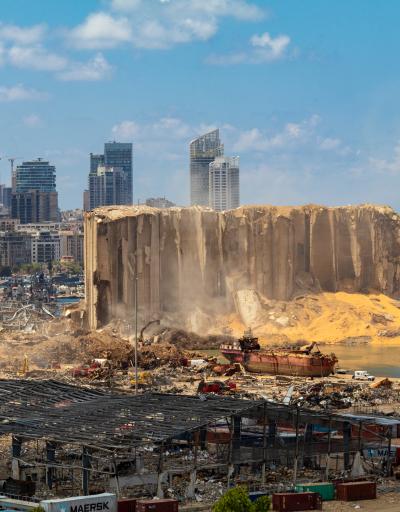
About the initiative
UNESCO's Commitment for Beirut
Mobilizing education, culture and information as levers for rebuilding and recovery
At UNESCO, we believe that a city cannot be rebuilt in a sustainable manner without supporting its people and preserving its memory. This is why culture, education and information, through an integrated urban approach, must be at the heart of Beirut’s recovery efforts. As a specialized United Nations agency, UNESCO is uniquely placed to coordinate international efforts to support Beirut, after decades of experience in capacity-building for education systems, the safeguarding and promotion of cultural heritage and the protection of the media and freedom of expression.


"Beirut, a world city, a city of memory, a creative city, was in a few seconds, bruised in its flesh, in its deepest identity."

LiBeirut aims to support the revival of the Lebanese capital’s cultural, creative and educational life, working for and in collaboration with local communities. Together, we can contribute to rebuilding and recovery efforts through immediate actions, such as restoring schools and heritage sites and supporting artists and students, and also through medium- and long-term measures including reactivating the creative economy, developing the media and ensuring access to information, global citizenship and heritage education.






